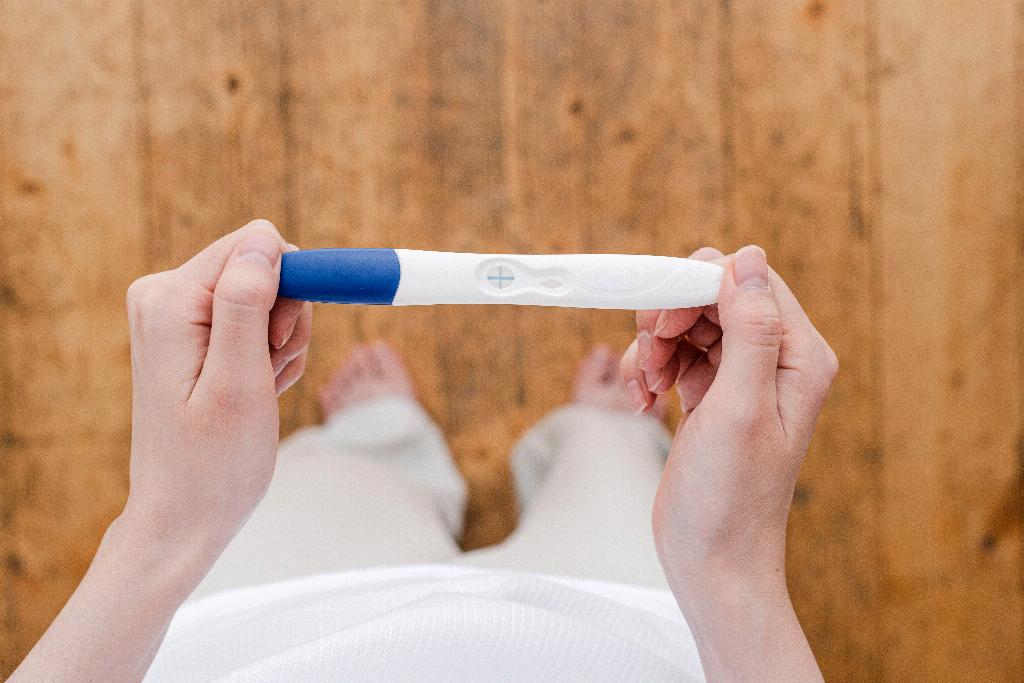Being pregnant is a beautiful and miraculous experience, but it also comes with its fair share of challenges. One common concern that many expectant mothers have is the development of stretch marks. These streaks or lines on the skin can be a result of the rapid stretching of the skin during pregnancy. The question on many women’s minds is: can you avoid stretch marks in pregnancy?
Understanding the Science Behind Stretch Marks
Stretch marks, also known as striae gravidarum in pregnant women, occur when the skin stretches beyond its normal limits due to weight gain or growth. The middle layer of the skin, called the dermis, can break in places, leading to the formation of these marks. While they are incredibly common during pregnancy, affecting around 50-90% of women, they can be a source of insecurity for many.
The Role of Genetics in Stretch Marks
Genetics play a significant role in determining whether a woman will develop stretch marks during pregnancy. If your mother or grandmother had them, you may be more predisposed to experiencing them as well. While genetics do play a part, there are steps you can take to potentially minimize their appearance.
Keeping Your Skin Hydrated
One of the best ways to potentially avoid stretch marks during pregnancy is by keeping your skin well-hydrated. Drinking plenty of water helps to hydrate your skin from the inside out, while using moisturizers and oils can help to nourish the skin externally. Look for products rich in vitamin E, collagen, and elastin, which can help improve skin elasticity.
The Importance of Diet
Eating a diet rich in nutrients is essential not just for your overall health, but also for the health of your skin. Foods high in vitamins A, C, and E can help promote skin health and elasticity. Incorporating plenty of fruits, vegetables, whole grains, and lean proteins into your diet can provide your body with the building blocks it needs for healthy skin.
Regular Exercise and Stretching
Regular exercise during pregnancy can also help improve circulation and skin elasticity. Gentle stretching exercises can help maintain flexibility in the skin and prevent it from becoming too taut. However, it is essential to consult with your healthcare provider before starting any new exercise routine while pregnant.
Listen to Your Body
Every woman’s body is unique, and what works for one person may not work for another. It’s crucial to listen to your body and pay attention to how your skin is responding to the changes happening during pregnancy. If you notice any itching, redness, or discomfort, it may be a sign that your skin needs some extra care.
Avoiding Rapid Weight Gain
Rapid weight gain during pregnancy can put additional strain on the skin, increasing the likelihood of stretch marks. While some weight gain is normal and healthy during pregnancy, it’s essential to do so gradually and in a way that is best for you and your baby. Consult with your healthcare provider to ensure you are gaining weight in a healthy and sustainable manner.
Embracing Your Body’s Changes
While it’s natural to want to avoid stretch marks during pregnancy, it’s essential to remember that these marks are a testament to the incredible journey your body is going through to bring new life into the world. Embrace the changes happening to your body and focus on the strength and beauty that come with motherhood.
Seeking Professional Advice
If you are concerned about preventing or minimizing stretch marks during pregnancy, don’t hesitate to seek advice from your healthcare provider or a dermatologist. They can provide personalized recommendations based on your skin type, risk factors, and overall health to help you navigate this aspect of pregnancy with confidence.
Conclusion
While it may not be possible to completely avoid stretch marks during pregnancy, taking proactive steps to care for your skin can help minimize their appearance. Remember that every woman’s pregnancy journey is unique, and it’s essential to focus on the health and well-being of both you and your baby above all else. Embrace the changes happening to your body and trust in its ability to adapt and grow throughout this miraculous experience.

